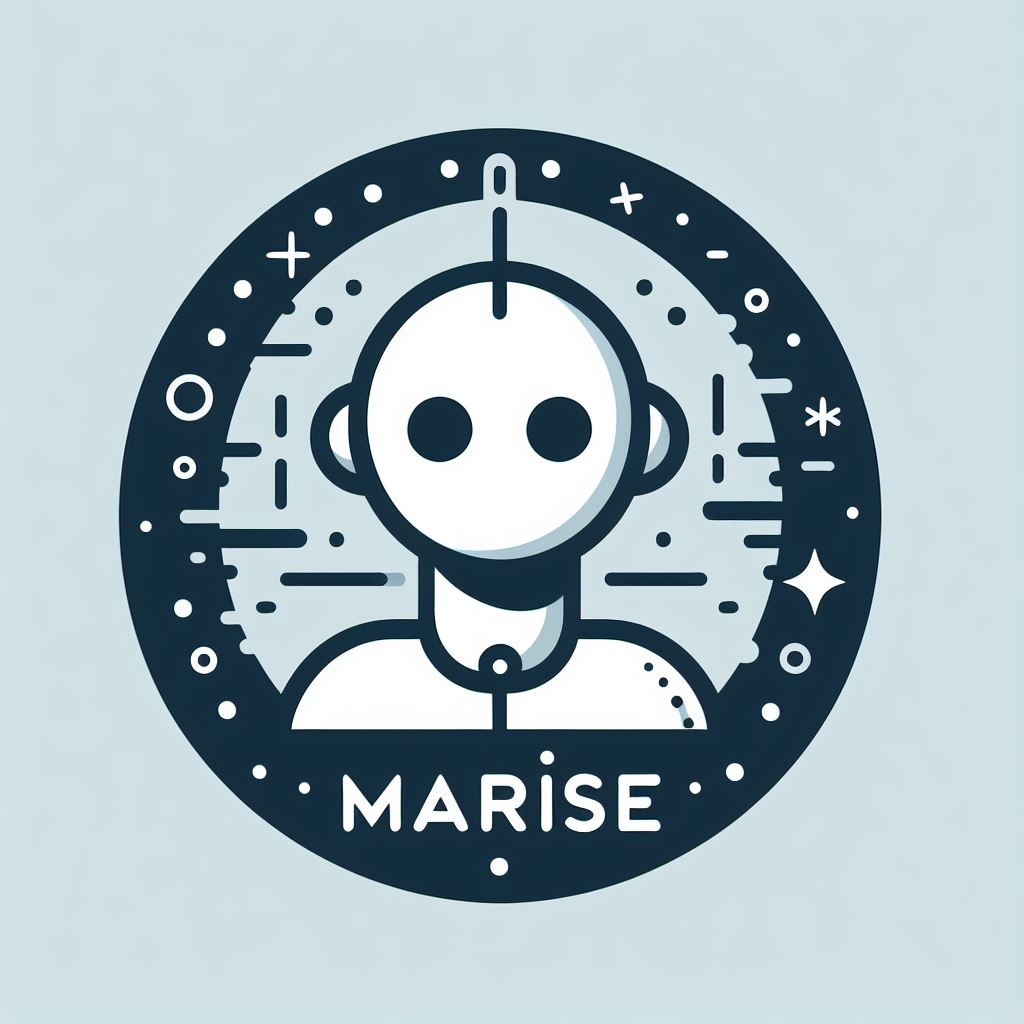Work timeline

Apr 2023 - current
Lecturer (Assistant Professor)
Cardiff University,
United Kingdom
I am a Lecturer (Assistant Professor) in the School of Computer Science and Informatics, where I am member of the Human-Centred Computing research Section and its Subgroup in Computational and Human-centred Robotics.
I am part of the National Software Academy (NSA), where I am the module lead for Agile Software Development (MSc Software Engineering).

Feb 2022 - Apr 2023
Lecturer (Assistant Professor)
University of Lincoln,
United Kingdom
I was Lecturer (Assistant Professor) in Computer Science – Computer Games and HCI within the Interactive Technologies Lab (IntLab).
I was also member of the Lincoln Centre for Autonomous Systems (L-CAS) and the Autism Research Innovation Centre (ARIC), as well as chair of the EDI Committee in the School of Computer Science.
I was part of the delivery team for the module Concept Development and Module Coordinator for User Experience Design.

Aug 2016 - Jan 2022
Researcher
The University of Nottingham,
United Kingdom
I worked as a researcher in the areas of robotics, Machine Learning, Human-Computer Interaction (HCI), and Human-Robot Interaction (HRI) within the Trustworthy Autonomous Systems (TAS) Hub and part of the Mixed Reality Laboratory in the School of Computer Science at the University of Nottingham.
I was also involved in teaching and supervision activities, as well as on software development.
I was member of the Human Factors Research Group and, within the same role, I had been a researcher at the School of Medicine, division or Rehabilitation, Ageing and wellbeing, in the area of human-computer interaction.

Feb 2015 - July 2016
IT Consultant and Software Integrator
Edicom,
Spain
I worked on international projects involving global companies, from both the private and the public sectors, in order to introduce the Electronic Data Interchange (EDI) between them.

Oct 2014 - Mar 2015
Games Producer
Freelance
I designed and developed a Serious Game for the Gateway to Birmingham Advice Services (GBAS) to be used to help people understand the tribunal process and be better prepared for a hearing.

Oct 2013 - Oct 2014
Research Associate
Nottingham Trent University,
United Kingdom
My research focussed on trying to find the more efficient way to engage and help students with learning disabilities using robotics as an educational tool.
Among other tasks, I was in charge of the development of an application for mobile devices to remotely control the humanoid robot NAO and worked side by side with students and educators, to better understand their requirements and get successful results.

Jul 2007 - Aug 2010
Accountant and responsible of Databases management
GALTRI Group,
Spain
I was responsible for the general maintenance and administration of the company’s databases, as well as being part of the accounting team.
